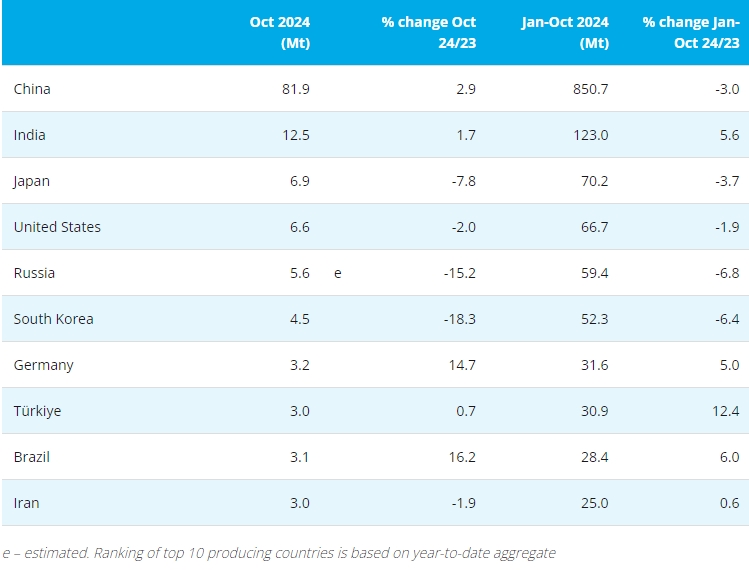[Ferro-Alloys.com] China can achieve the twin goals of net-zero carbon emissions and becoming a fully developed economy by 2050, according to a new report.
The Energy Transitions Commission, a think tank comprising energy companies, industry disruptors, investors, equipment suppliers, non-profit organizations, and academics, says in its report China 2050: A Fully Developed Rich Zero-Carbon Economy that "it is technically and economically feasible" for China to simultaneously become a fully developed economy and reach net-zero carbon emissions by the middle of the century.
The report shows that the investment needed to achieve the twin objectives can easily be afforded, given China's high savings and investment rate. And it says the impact on China's gross domestic product per capita in 2050 will be minimal.
Committing to the goals will spur investment and innovation, the report says, while adding it will also deliver large improvements in local air quality and enable China to establish technological leadership across multiple industries.
Adair Turner, chair of the Energy Transitions Commission, said: "For the world to deliver the Paris climate objectives, it is vital that China has a strategy to achieve net-zero emissions by mid-century.
"Given China's central role in the global economy, its vast renewable energy resources, and its technological leadership in key industries, China is uniquely positioned to lead the global energy transition and to decarbonize its economy completely by 2050," he said.
The report demonstrates how China can reduce final energy demand, while living standards continue to rise, including reduced demand for steel and cement, more circular use of all materials-especially plastics-and the inherent energy efficiency advantages achieved by the electrification of surface transport and heating for buildings.
In comparison to the United Kingdom, China has the advantage of much higher savings and investment and is already the leading manufacturer of renewables.
But in other respects, Hirst pointed out, China faces more of a challenge to get to net-zero: It has a rapidly growing economy with a large industrial sector and a large incumbent coal mining industry.
"Today, China's emissions are still rising, though much more slowly than in recent decades," he said. "China's national target is that emissions will peak by 2030, with best efforts to peak earlier. That is far from being consistent with zero emissions in 2050." (China Daily Global)
Copyright © 2013 Ferro-Alloys.Com. All Rights Reserved. Without permission, any unit and individual shall not copy or reprint!
- [Editor:kangmingfei]



 Save
Save Print
Print Daily News
Daily News Research
Research Magazine
Magazine Company Database
Company Database Customized Database
Customized Database Conferences
Conferences Advertisement
Advertisement Trade
Trade


















Tell Us What You Think